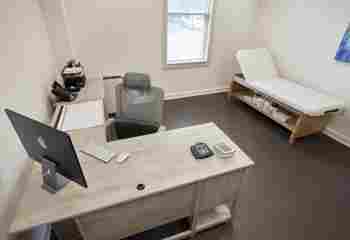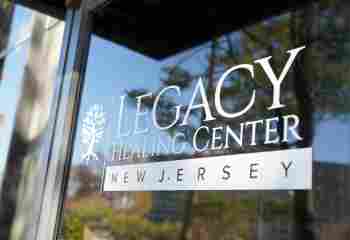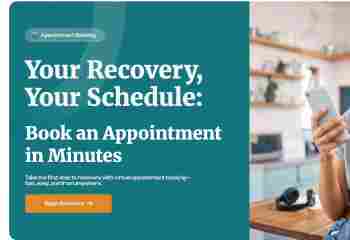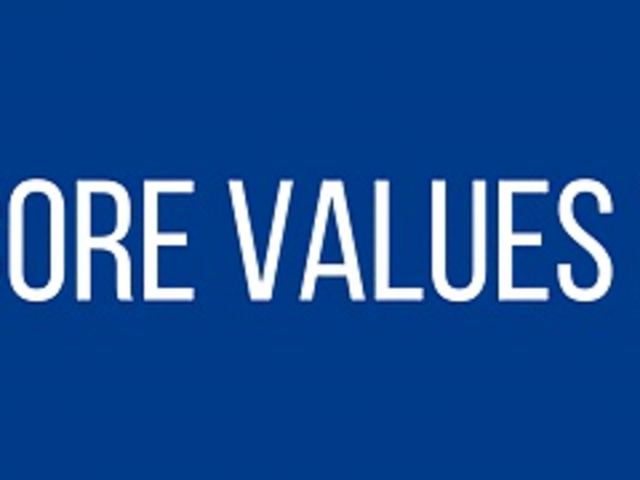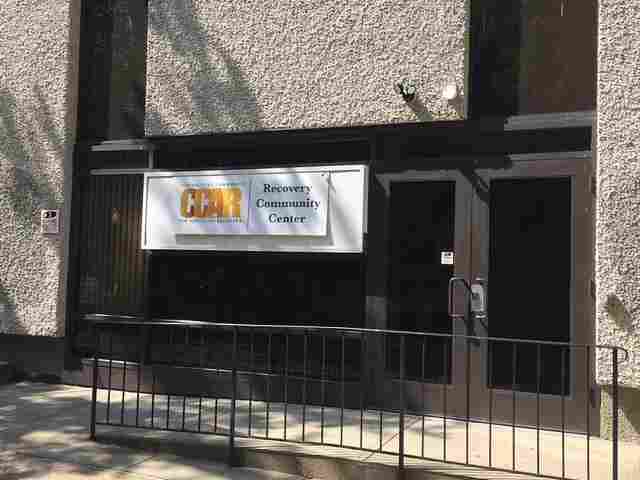More About Recovery Coaching Programs
An addiction recovery coach is a professional who provides support, guidance, and encouragement to people wanting to overcome substance abuse or addictive behaviors. Their primary role is to help you on your journey towards sobriety, health, and a positive lifestyle. They work with clients on a 1-on-1 basis, offering personalized assistance and motivation.
Therapist vs. Recovery Coach
Therapists and recovery coaches serve different roles in supporting people with addiction or behavioral challenges.
Therapists hold advanced academic degrees in fields like psychology, counseling, or social work. They are licensed and trained to diagnose and treat various mental health conditions using evidence-based therapeutic interventions. They focus on treatment modalities like cognitive behavioral therapy (CBT), dialectical behavior therapy (DBT), and motivational interviewing. Therapists also adhere to certain state licensing regulations.
Recovery coaches do not typically hold advanced degrees, and they are not licensed mental health professionals. They often have personal experience with addiction recovery and undergo some type of specialized training to become coaches. Recovery coaching focuses on offering support, guidance, and motivation in the context of addiction recovery, but it does not involve diagnosing or treating mental health disorders. They may use person-centered and strengths-based approaches, focusing on the client's individual strengths, needs, and goals. Recovery coaching is a relatively new field, and regulations vary from one region to another.
What to Look for in a Recovery Coach
When seeking a recovery coach, it's essential to find someone who can provide effective support and guidance tailored to your specific needs and goals. Look for a recovery coach with relevant experience in the field of addiction recovery. Ideally, they should have completed specialized training or certification in recovery coaching (like the International Association of Peer Supporters (iNAPS) or the Connecticut Community for Addiction Recovery (CCAR). Your coach should also hold the same recovery ideals as you and share a strong bond with you. And they should show active listening, empathy, and the ability to motivate and support you.
Recovery coaches provide a range of services to support you on your addiction recovery journey. These services are typically personalized and tailored to your specific needs, challenges, and goals. Some of the services may include:
- Recovery-related goal setting
- Teaching coping skills to manage triggers, cravings, and stress
- Building up your support network
- Life skills training
- Celebrating your milestones
Finally, when choosing your recovery coach, factoring in cost can help you decide. Some coaches charge an hourly rate, while others offer package programs. Some recovery coaches may offer sliding scale fees, meaning they adjust their rates based on the client's ability to pay. Recovery coaching is generally not covered by insurance, as it is a non-clinical support service. However, it's possible that some insurance plans or employee assistance programs (EAPs) might provide partial coverage or reimbursement for certain types of coaching services.
How a Recovery Coach can Help You Move Forward
An addiction recovery coach can be instrumental in helping you achieve your recovery goals by providing personalized support, guidance, and motivation throughout your journey.
Your coach will customize a plan tailored to your specific challenges and strengths. This plan will outline the steps you need to take to reach your goals and overcome potential obstacles. It’ll also hold you accountable for your commitments and progress. Regular check-ins and support from your coach can help you stay focused and motivated to keep on track with your recovery plan.
Your coach will also help you develop a relapse prevention plan, identifying potential risks and creating strategies to avoid relapse. And they will teach you coping skills and strategies to manage cravings, triggers, stress, and other challenges that may arise during your recovery.
A recovery coach can encourage you to focus on personal growth and self-improvement beyond overcoming addiction. And they’ll celebrate your achievements and milestones throughout your recovery journey, reinforcing your new positive progress. Your recovery coach can help you rebuild your relationships, career, and personal fulfillment, to create a meaningful and fulfilling life in recovery.













































